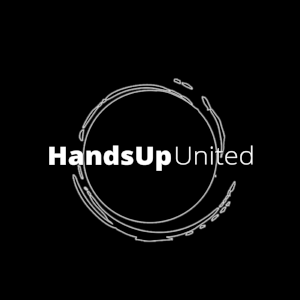
By Shaun King
The short answer is "yes." In the not too distant past, the conflation of civil rights and LGBT rights seemed to irritate civil rights leaders, but that tide seems to be turning for so many important reasons. Let's explore some of those below:
1. Leading activists and protestors across the country in places like Ferguson, New York, and elsewhere are openly LGBT.
No factor is more important than this one. Whereas the stereotypical civil rights leaders from yesteryear were stuffy, suit-wearing, heterosexual preachers, this profile has changed radically in the past year alone. In Ferguson, two respected protestors, Alexis Templeton and Brittany Ferrell, two women, got married. Of course this would've been unheard of in 1965, but this is a sea shift from just a few years ago. Now, modern-day civil and human rights leaders must care about gay rights because it impacts them directly and those of us who see these men and women as our friends and family must care as well.
In every city in America with a thriving civil rights protest movement, LGBT men and women are serving as primary leaders. This changes everything.
2. The paralells between denying LGBT men and women their rights and denying African Americans and other ethnic minorities their rights is clearer than ever. Addressing the dangers of the so-called "religious freedom/liberty" laws, the CEO of Apple, Tim Cook, in a recent Washington Post op-ed, made the connection in a powerful way:
Men and women have fought and died fighting to protect our country’s founding principles of freedom and equality. We owe it to them, to each other and to our future to continue to fight with our words and our actions to make sure we protect those ideals. The days of segregation and discrimination marked by “Whites Only” signs on shop doors, water fountains and restrooms must remain deep in our past. We must never return to any semblance of that time. America must be a land of opportunity for everyone.
The idea that a gay couple could legally be denied service somehow in America sounds deeply familiar and troubling to African Americans in a way that the issue of gay marriage just didn't do. While more African Americans think gay marriage is "a sin" than any other ethnic group, more African Americans also think it's wrong to deny LGBT people service than any other ethnic group.
3. Times are changing. I know that's a vague statement, but not too long ago, one could actively care about civil rights and have almost no connection whatsoever to anyone who was openly gay. Now, your favorite journalist, talk show host, CEO, or artist may very well be openly LGBT. To love them and not care about their basic human rights is a fundamental contradiction.
Of course, this rift has not disappeared, but it is disappearing and it is more important than ever that all of us who are passionate about protecting civil rights, openly display our passion and concern about the human and civil rights of our LGBT brothers and sisters.

